Historical Argument
One of the most widely shared misconceptions among young people is that there can be one ‘true’ story of the past and that the value of any given interpretation depends on how closely it approximates to this ideal account. Enabling students to recognise that what historians are actually doing when they write about the past is advancing a series of claims – presenting and defending an argument – will help them not only in handling different interpretations but also in improving their own writing. Read more
Sort by:
Date (Newest first) | Title A-Z
Show:
All |
Articles |
Podcasts |
Multipage Articles
-

Effective essay introductions
ArticleClick to view -

Enabling Year 7 to write essays on Magna Carta
ArticleClick to view -
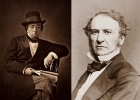
Engaging Year 9 students in party politics
ArticleClick to view -

Exploring big overviews through local depth
ArticleClick to view -

Family stories and global (hi)stories
ArticleClick to view -
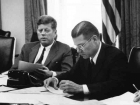
Finding the place of substantive knowledge in history
ArticleClick to view -

Frameworks for linking pupils' evidential understanding with growing skill in structured, written argument: the 'evidence sandwich'
ArticleClick to view -

From The Holocaust To Recent Mass Murders And Refugees
ArticleClick to view -

From flight paths to spiders’ webs: developing a progression model for Key Stage 3
ArticleClick to view -
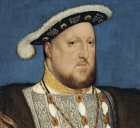
From road map to thought map: helping students theorise the nature of change
ArticleClick to view -
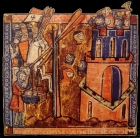
Getting medieval (and global) at Key Stage 3
ArticleClick to view -

Getting ready for the Grand Prix: Learning how to build a substantial argument in year 7
ArticleClick to view -

Helping Year 9 debate the purposes of genocide education
ArticleClick to view -

Helping Year 9 evaluate explanations for the Holocaust
ArticleClick to view -

Historical and interdisciplinary enquiry into the sinking of the Mary Rose
ArticleClick to view -

Historical learning using concept cartoons
ArticleClick to view -
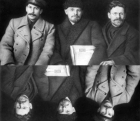
Historical scholarship and feedback
ArticleClick to view -
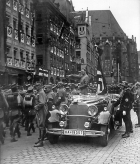
Historiography from below: how undergraduates remember learning history at school
ArticleClick to view -

History as a foreign language
ArticleClick to view -

How do you construct an historical claim?
ArticleClick to view

